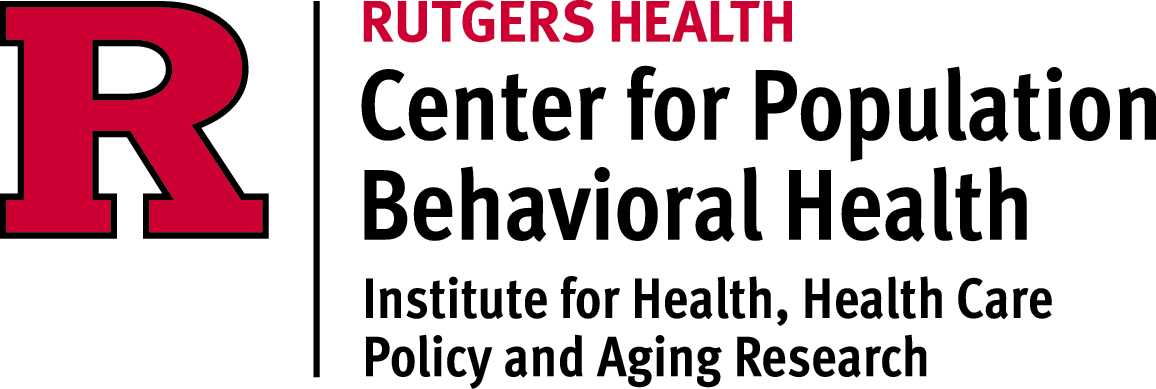

Dr. Yanping Jiang, core faculty member at the Center for Population Behavioral Health and instructor in the Department of Family Medicine and Community Health, recently published new research.
The article, entitled “The Interactive effects of education and social support on cognition in African Americans,” was published in the Journal of Aging and Health in August 2022.
Background: This study examined whether the effects of received and provided social support on blood pressure (BP) would differ by education.
Methods: Data from 602 African American adults (48-95 years) enrolled in the Baltimore Study of Black Aging-Patterns of Cognitive Aging were analyzed using multiple linear regression.
Results: We found no main effects of received and provided social support on BP. However, a significant moderation effect was observed for systolic BP, such that greater received social support was positively associated with higher systolic BP among individuals with low levels of education, adjusting for age, sex, chronic health conditions, and depressive symptoms.
Conclusions: The findings demonstrate that social support and education have joint effects on BP, which highlights the importance of considering psychosocial determinants of adverse cardiovascular health outcomes that disproportionately affect African Americans.
Keywords: Blacks; Cardiovascular health; Social support; Socioeconomic status.